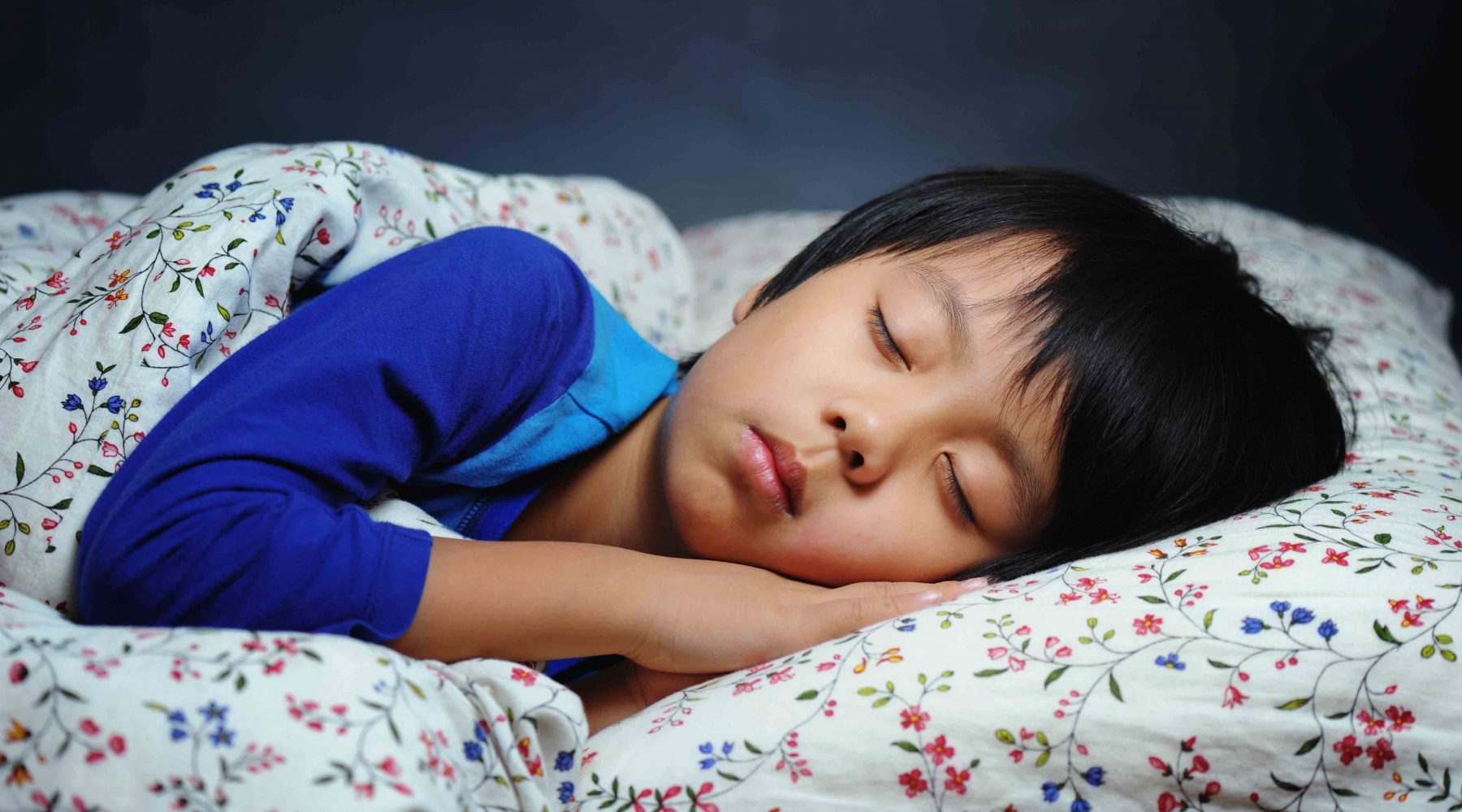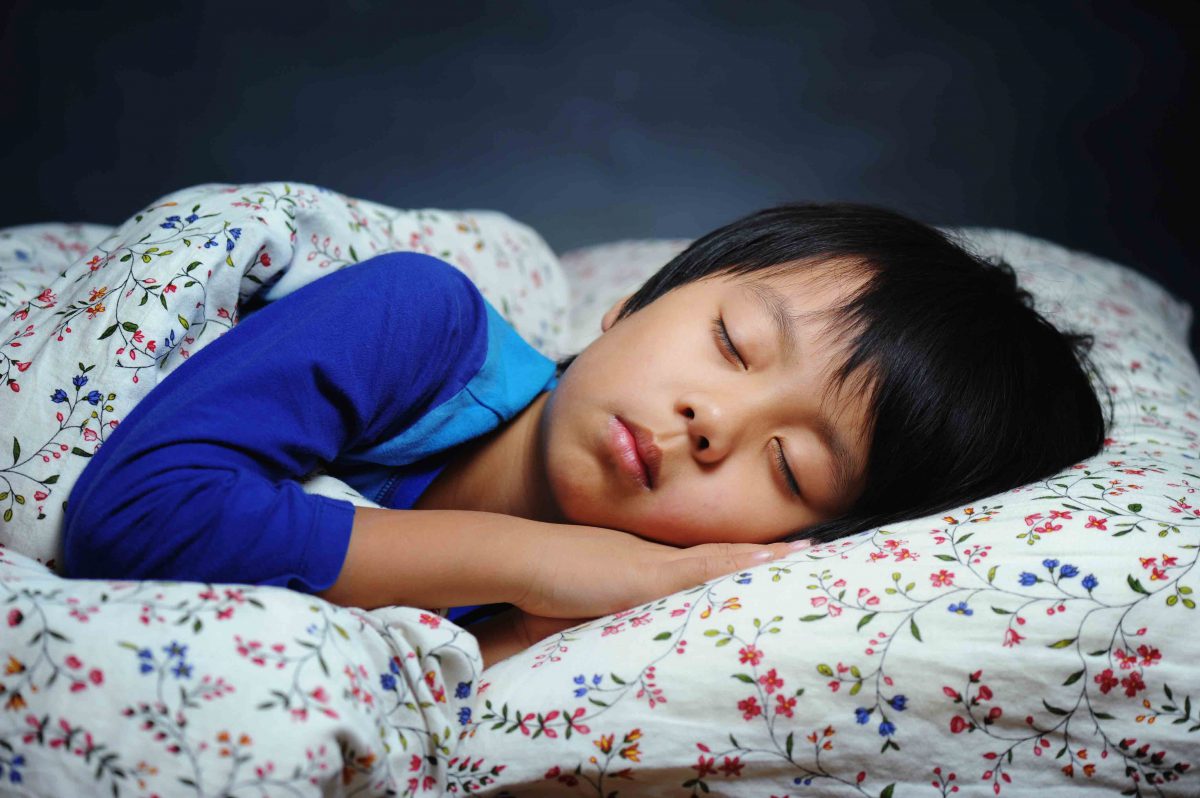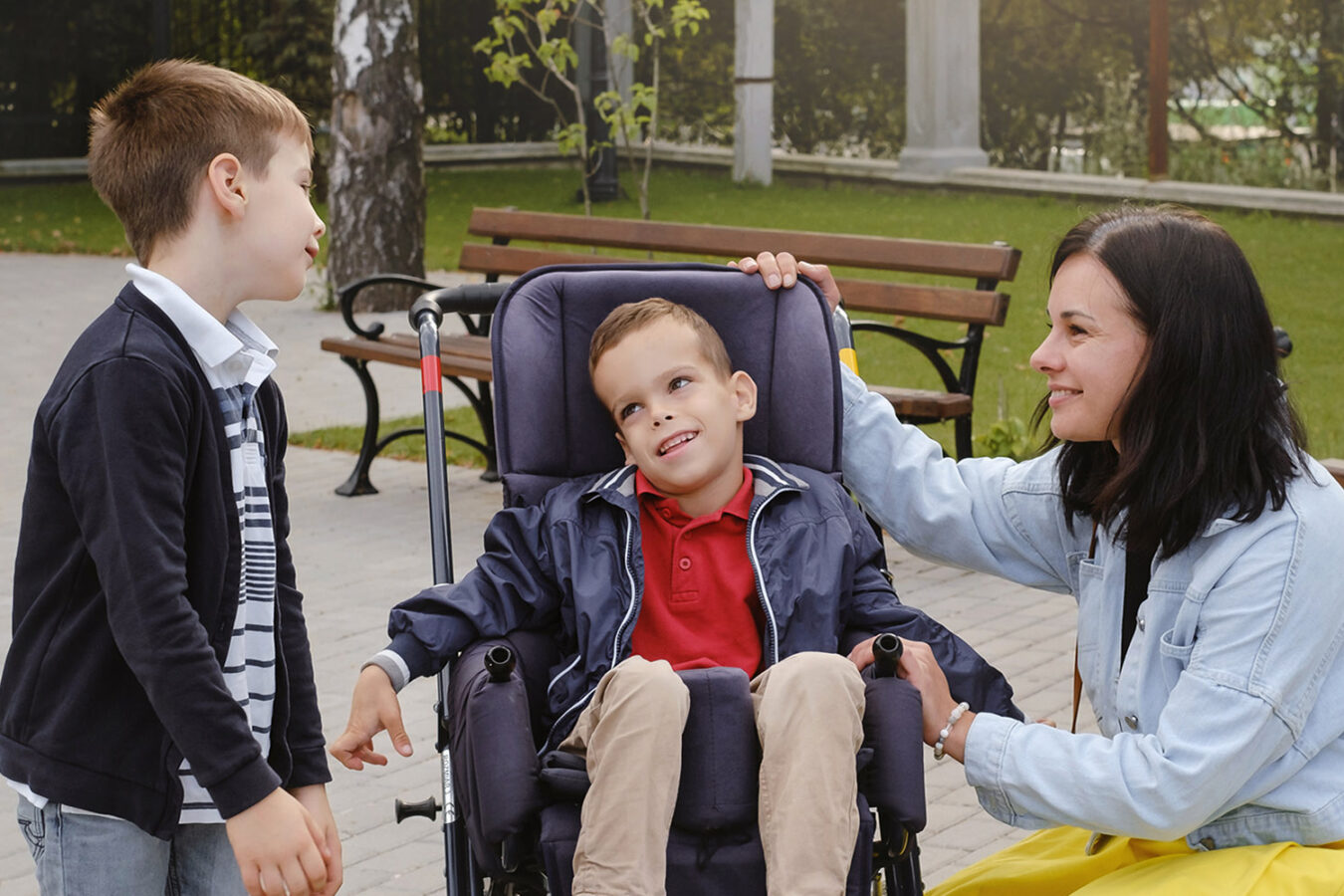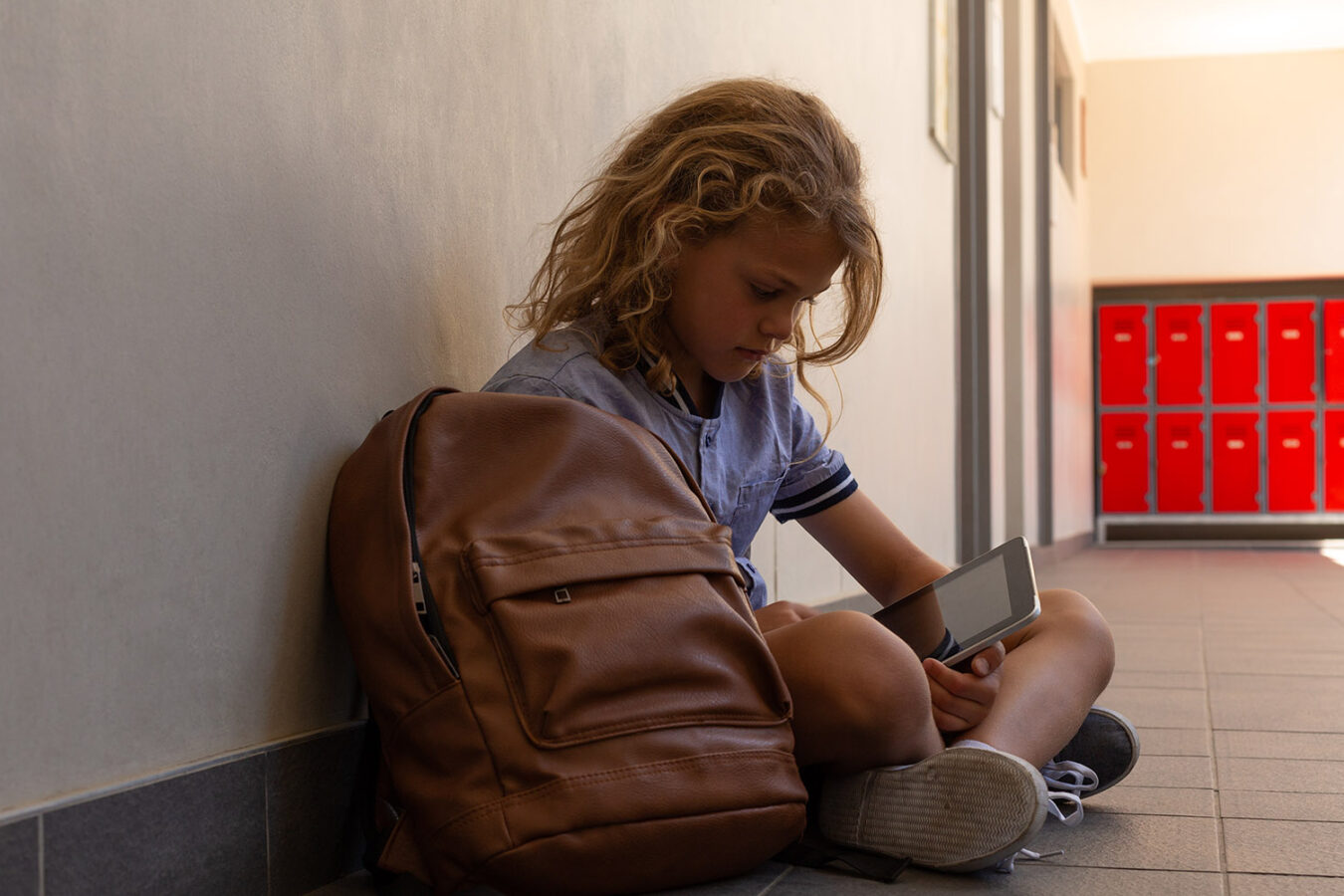
The ABC's Happiness survey shows a clear link between the amount of sleep and child wellbeing.
Sleep is a key indicator of child happiness, according to the findings of the biggest survey of youth mental health and wellbeing in Australia.
The second Happiness Survey, run by the ABC’s children’s news program Behind the News, surveyed almost 47,000 Australian children aged six to 18. The data has been analysed with the help of the University of Melbourne.
The findings showed a clear correlation between sleep and happiness.
‘If children feel safe and secure they are more likely to be getting the right amount of sleep for their age, and if they are getting the right amount of sleep they are more likely to report feeling happy,’ said Associate Professor Lisa Gibbs, chair of the university’s Children’s Lives Initiative.

The survey showed that children who did not feel safe at home, at school or in their neighbourhood were two-to-three times less likely to be getting the recommended amount of sleep than their peers.
And when a wider range of sleep patterns were considered allowing for natural variation, children who did not feel safe were four times more likely to have atypical sleep patterns – not enough or more sleep than recommended.
‘The evidence shows us that children who are exposed to family violence will often exhibit sleep difficulties,’ said Cathy Humphrey’s, Professor of Social Work at the University of Melbourne.
‘Poor sleep patterns are recognised as a sign of anxiety, stress or possible trauma,’ said Professor David Forbes, Director of Phoenix Australia: Centre for Posttraumatic Mental Health.
‘Children who don’t get enough sleep can also struggle with behaviour, emotions, concentration and memory in the classroom,’ said Dr Jon Quach, Melbourne Graduate School of Education.
Screens Keeping One Third Awake
On the much-debated subject of screen time, 47 per cent of children reported sleeping with a screen-based device in reach on at least some nights.
And 29 per cent said the device stopped them from getting enough sleep on at least some nights during the week – an occurrence more common in older children.
‘Screen time and digital devices are issues for both young people and their parents,’ said the Raising Children Network’s Executive Director, Associate Professor Julie Green. ‘It’s a good idea to discuss and agree on device use and rules as a family. To encourage good sleep habits, one rule could be devices stay out of bedrooms after lights out.’
Yet even in our constantly online world, children are still finding happiness in traditional sources.
The survey reported that 64 per cent of children identified friends as a source of happiness, 60 per cent family, 51 per cent music and 52 per cent sport.
Digging deeper, the survey also found:
- Girls and younger children were significantly more likely to report that family, reading and artwork made them feel happy. They were also more likely to report that cooking and being outside in nature made them feel happy.
- Boys were significantly more likely than girls to report that sport and computer games made them feel happy.
- Girls and older children were significantly more likely to report that music made them feel happy.
- Many children reported that their pets made them feel happy.
You can find out more in this interactive feature produced by the ABC.


